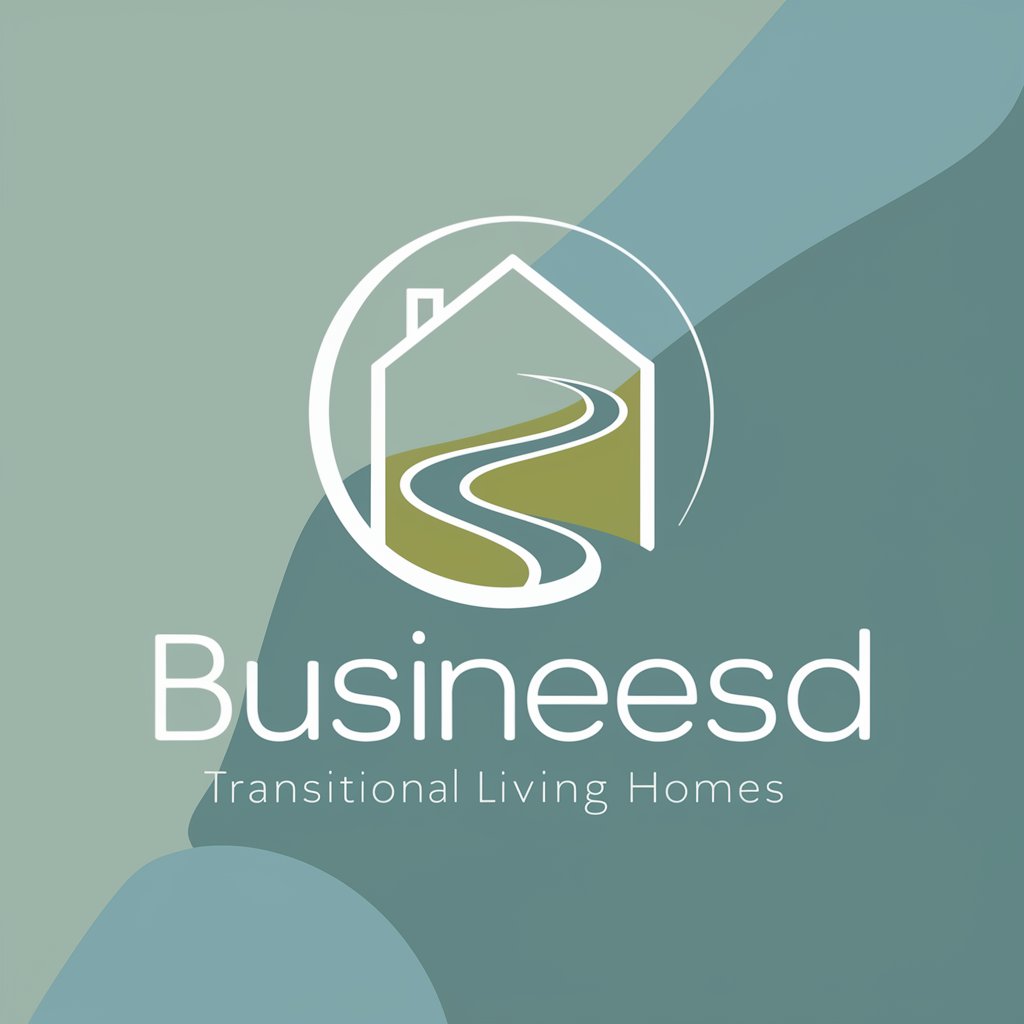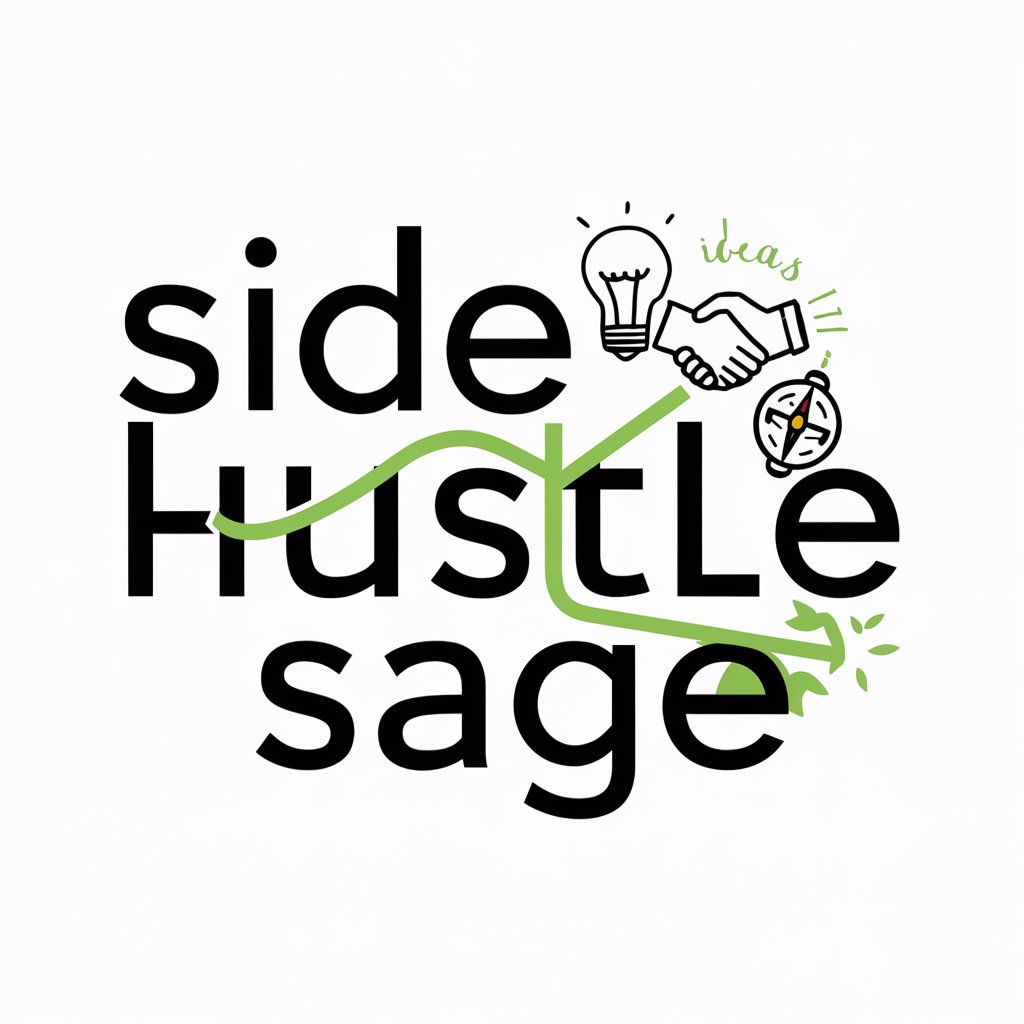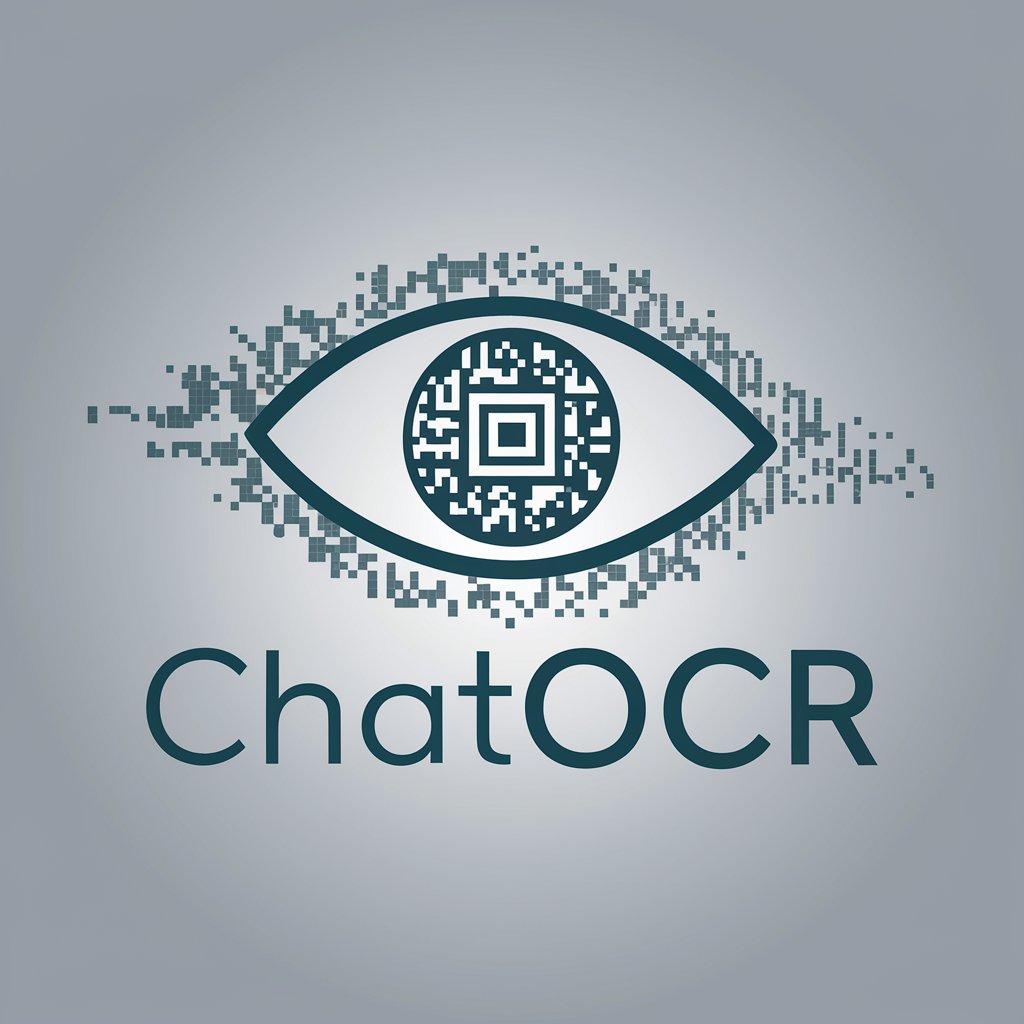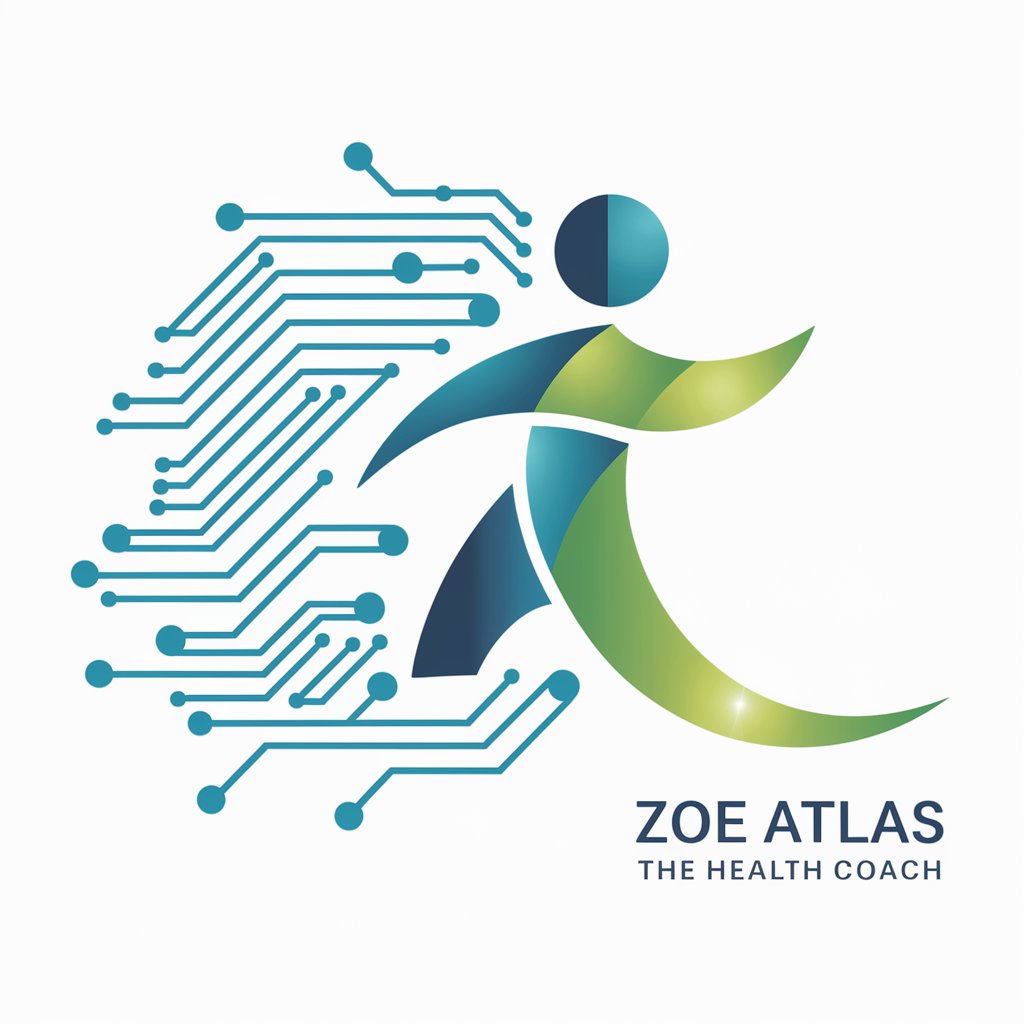Transitional Living Home Business Plan - Transitional Living Planning Tool

Welcome! Let's start planning your transitional living home business together.
Simplify Planning with AI-Powered Support
What's the name of your business and what inspired it?
Can you describe the services your transitional living home will offer?
Who is your target audience and what are their specific needs?
What is your mission statement and what core values drive your business?
Get Embed Code
Introduction to Transitional Living Home Business Plan
Transitional Living Home Business Plan is designed to assist entrepreneurs and organizations in developing comprehensive business plans specifically for transitional living homes. These homes provide temporary housing and support services to individuals transitioning from challenging situations like homelessness, addiction recovery, or incarceration. The primary design purpose is to make the complex process of creating a business plan approachable and manageable, offering guidance on various critical aspects such as market analysis, operational planning, and financial forecasting. For example, an entrepreneur planning to open a transitional home for veterans might use this tool to draft a business plan that addresses specific needs like PTSD support, integrating community resources, and sustainability planning. Powered by ChatGPT-4o。

Main Functions of Transitional Living Home Business Plan
Market Analysis Guidance
Example
For someone starting a home for recovering addicts, the tool helps analyze the local demand for such services, identify key competitors, and understand demographic data to ensure the services are tailored effectively.
Scenario
Analyzing the number of rehabilitation centers and their capacity in the area to determine if there is a sufficient market need for additional recovery support housing.
Financial Planning Assistance
Example
Provides templates and advice on setting up a budget, projecting startup costs, and forecasting revenue. This includes potential funding sources like grants, loans, or private investments.
Scenario
Creating a detailed budget that includes renovation costs of a property, staff salaries, and operational expenses for the first year, while projecting the cash flow and break-even point.
Operational Strategy Development
Example
Offers insights into designing day-to-day operations, staffing requirements, and policy development to ensure compliance with regulations and high-quality service delivery.
Scenario
Setting up operational protocols for intake processes, resident support programs, staff training, and emergency procedures.
SWOT Analysis Facilitation
Example
Guides the user through identifying strengths, weaknesses, opportunities, and threats specific to their planned services and geographical area.
Scenario
Conducting a SWOT analysis to determine internal strengths like strong community connections and external opportunities like local government incentives for social services.
Ideal Users of Transitional Living Home Business Plan
Aspiring Social Entrepreneurs
Individuals looking to start nonprofit or for-profit businesses focused on social change, specifically in transitional housing. They benefit from structured guidance on how to launch and sustainably manage a transitional living facility.
Nonprofit Organizations
Nonprofits aiming to expand or diversify their services to include transitional living homes. They benefit from specialized support in aligning their new services with existing missions and acquiring appropriate funding.
Investors and Philanthropists
Those interested in funding transitional living projects. They can use the tool to evaluate business plans, ensuring their investments are impactful and aligned with their philanthropic goals.

Guidelines for Using Transitional Living Home Business Plan
1
Visit yeschat.ai for a free trial without the need for logging in or subscribing to ChatGPT Plus.
2
Identify the specific needs of your transitional living home, focusing on aspects such as target demographics, required services, and facility logistics.
3
Use the tool to brainstorm and organize ideas around your business model, including financial planning, operations, and marketing strategies.
4
Engage with the built-in templates and checklists to ensure all necessary components of a business plan are addressed and comprehensive.
5
Review and refine the compiled business plan, leveraging feedback from stakeholders and potential investors to optimize your strategy.
Try other advanced and practical GPTs
Side Hustle Sage
Empowering Your Side Hustle with AI

AllRight Translator
Elevate Communication with AI-Powered Formal Translations

Thoughtful Innovator
Empowering Innovation with AI

Andrea's Ghostwriter
Empower Your Words with AI

Write the Best Product Descriptions for Ecommerce
AI-powered descriptions for ecommerce success

Airwothiness
Elevating Aircraft Maintenance with AI

Bard's Wisdom
Shakespeare's Insight, Powered by AI

Kochassistent
Your AI-powered culinary guide

Python Tutor
Visualize Python Code Execution

Philosophizer
Explore philosophy, powered by AI

ChatOCR
Unlock Text from Images with AI

Zoe Atlas
Empowering your wellness journey with AI

Frequently Asked Questions About Transitional Living Home Business Plan
What makes Transitional Living Home Business Plan unique?
This tool is uniquely tailored to assist users in developing business plans specifically for transitional living homes, incorporating sector-specific advice and features.
Can I collaborate with others while using this tool?
Yes, the tool supports collaborative features allowing multiple users to work on the business plan simultaneously, ensuring varied input and comprehensive development.
How does the tool help in financial planning?
It includes financial projection templates and expense tracking features, which help in budgeting, forecasting revenue, and planning for financial sustainability.
Does the tool provide legal guidance?
While the tool offers basic guidance on common legal considerations, it is advisable to consult with a legal professional for detailed compliance and regulatory advice.
What are the key components of the business plan the tool helps to develop?
The tool guides users through sections such as executive summary, company overview, market analysis, organizational structure, product/service line, marketing and sales strategy, funding request, and financial projections.
